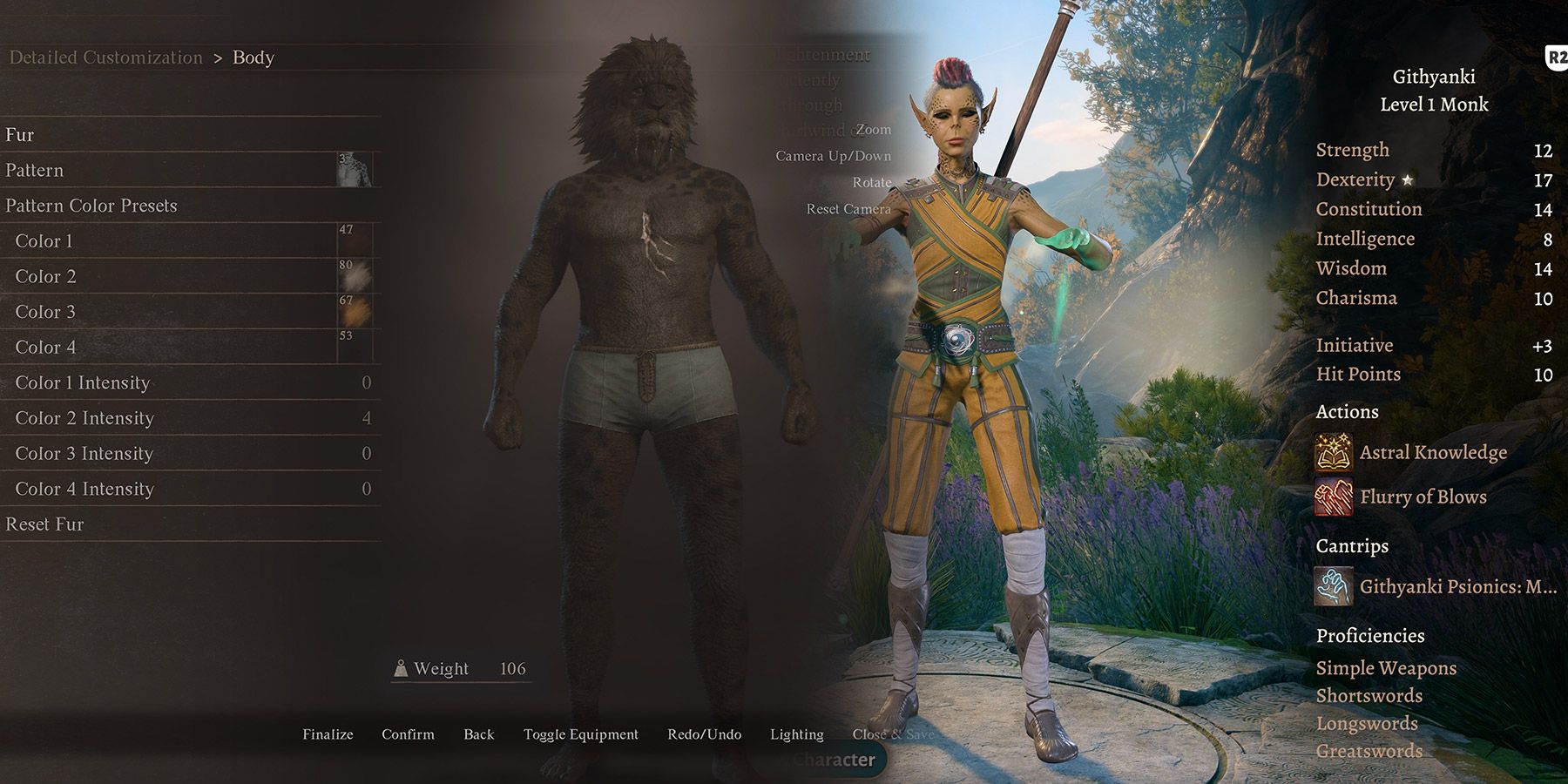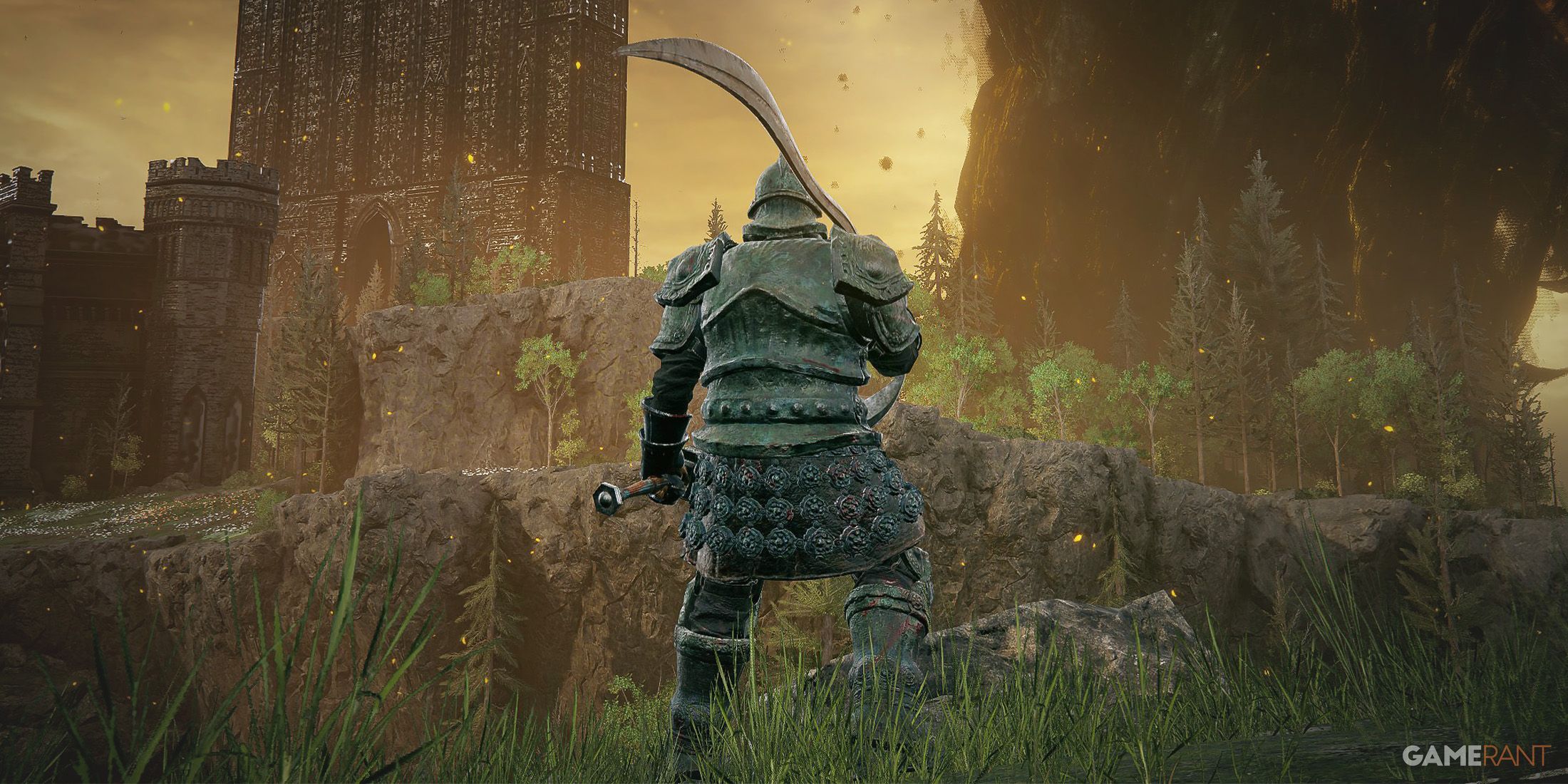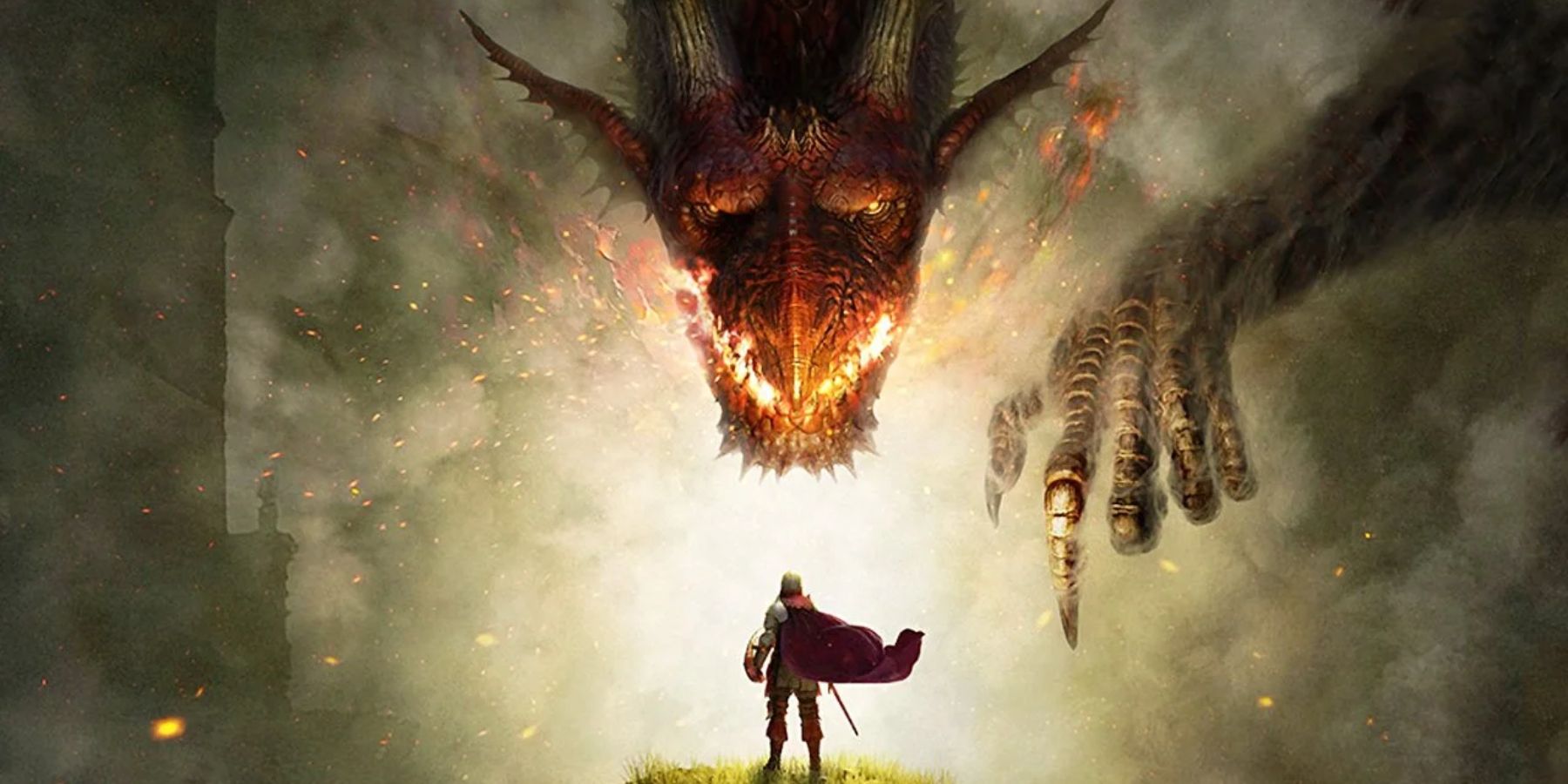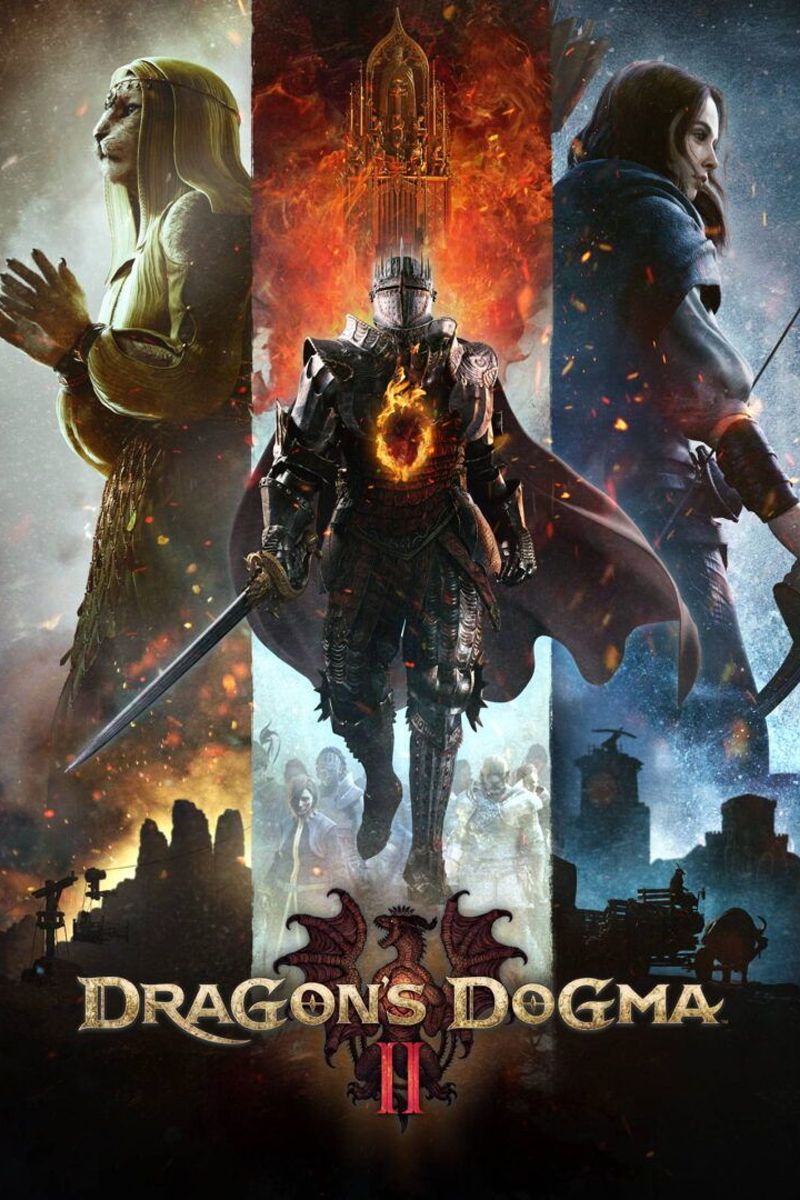Highlights
- Dragon's Dogma 2 offers a unique open-world experience, with distinctive gameplay mechanics and storytelling that set it apart in the market.
- The game's unconventional approach may not be for everyone, but for those who vibe with it, it can become a favorite large-scale fantasy RPG.
- Despite the oversaturation of multiverse themes in entertainment, Dragon's Dogma 2's handling of the concept is refreshing and keeps it a surface-level narrative element.
Much like its 2012 predecessor, Dragon's Dogma 2 doesn't quite play the rules of its genre. Adopting an open-world style all of its own, a unique progression system, a distinctive sense of storytelling, and a whole slew of emergent gameplay mechanics, Dragon's Dogma 2 is a wholly unique product and one that stands out massively in today's open-world market, which is both a blessing and a curse.
Though its unconventional approach won't be everyone's cup of tea, for those who end up vibing with Dragon's Dogma 2, it's quickly going to become an unforgettable experience, and likely a new favorite in the realm of large-scale fantasy RPGs. One of Dragon's Dogma 2's biggest strengths is its originality and its willingness to subvert modern trends, and that includes one industry-wide trope that's become stale before it can even get started.

How Dragon's Dogma 2's Character Creator Compares to Baldur's Gate 3's
Baldur's Gate 3 is widely considered to be one of the greatest RPGs ever made, but Dragon's Dogma 2 gives its character creator a run for its money.
Dragon's Dogma 2 Puts a Fresh Spin on Multiverses
The First Dragon's Dogma Teased a Multiverse Long Before It Was Mainstream
The concept of a multiverse has been around in the entertainment industry for decades, with both DC and Marvel dabbling in parallel universes all the way back in the early 1960s. However, in the wider entertainment industry, multiverses have only recently become such a mainstay, though that doesn't mean that certain movies, TV shows, and in this case, games haven't experimented with the concept of a multiverse, and surprisingly, the original 2012 Dragon's Dogma is one such example.
About halfway through the first Dragon's Dogma, players encounter a gigantic, seemingly never-ending cylindrical pit in the ground known as the Everfall. According to the lore of Dragon's Dogma, the Everfall acts as a gateway to countless parallel worlds—worlds where the game's Pawns come from. The only beings able to travel the multiverse freely, Pawns access different parallel worlds via a cosmic realm known as The Rift. Via the use of Dragon's Dogma's Riftstones, Pawns can be called to the aid of various Arisen across parallel universes.
Dragon's Dogma 2's Multiverse Is Refreshingly Simple
Multiverses have come a long way since the release of Dragon's Dogma back in 2012, both for better and for worse. After popularizing the concept back in 2018 with Spider-Man: Into the Spider-Verse, the entertainment industry has well and truly milked the multiverse concept for all it's worth, spending the last six years or so releasing half-baked multiverse movies that barely do anything exciting or substantial with the premise. While there are, of course, standouts like Across the Spider-Verse and Everything Everywhere All at Once, many movie-goers are getting a little tired of the multiverse premise.
Unfortunately, that same oversaturation seems to be bleeding into the world of video games. In just the last six months, several major AAA video games have put their multiverse premise front and center of the experience, including the likes of Mortal Kombat 1, Suicide Squad: Kill the Justice League, and even Final Fantasy 7 Rebirth.
While there's nothing necessarily wrong with these games using the multiverse concept, an overabundance of them could soon lead to a lack of variety in the gaming space.
That being said, the way Dragon's Dogma 2 handles the multiverse is quite refreshing. Essentially just doubling down on its predecessor's lore, Dragon's Dogma 2 keeps its multiversal narrative surface-level, with it taking a complete backseat to the vast majority of the game's story, and only really appearing when Pawns are discussing the parallel universes that they came from.




